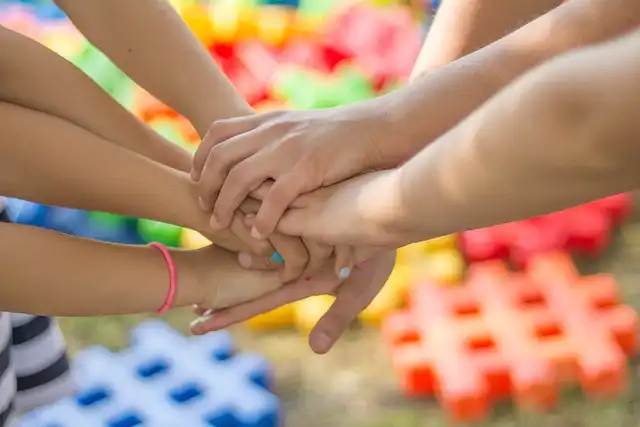
Research shows First Nations women face barriers in family law, especially with family violence. Systemic issues and fear of child removal hinder access. Need support and fair treatment.
The household legislation system holds actual possibility to be a positive and safety pathway for more First Countries women worried concerning their very own security and their kids’s security. Our continuing research wants to show how this capacity might be know.
Family Violence Risk for First Nations Women
And we know family members physical violence is present in 83% of parenting process in the household courts. Initial Countries women go to a greater threat of household physical violence than non-First Countries ladies, commonly carried out by a non-First Countries partner. The family regulation system need to gauge family members physical violence when making orders.
Systemic Bias in Family Law
Systemic bigotry, predispositions and discrimination identified in other lawful systems may also impact Very first Nations ladies’s experiences in household legislation. This may lead them to disengage, or otherwise engage the following time they have issues about their kids’s safety and security.
Supporting First Nations Women in Courts
We likewise require to recognize even more concerning how to sustain Initial Countries women in the household courts when the various other celebration is a non-First Countries person. For most couples throughout Australia that include an Aboriginal individual, the various other person is non-First Nations.
The family law system is critical for protecting kids and women nationwide. And we understand family violence is present in 83% of parenting proceedings in the household courts. Nations ladies are at a greater danger of household violence than non-First Countries ladies, usually committed by a non-First Countries companion. The family legislation system have to take account of household physical violence when making orders.
The household legislation system is critical for shielding youngsters and females nationwide. With its mix of judicial oversight, coaching and alternative dispute resolution, the family court can supply purposeful support to parents in intricate situations. Yet First Nations families may be missing out.
When First Nations women that have actually experienced family violence do engage with the family members legislation system, this is occasionally because their non-First Countries companion makes an application. When this takes place, research study suggests the family members regulation system might provide even more weight to the non-First Countries event’s version of events.
Barriers to Accessing the Family Law System
Agencies that sustain Initial Countries ladies are likewise needed to report particular problems to youngster defense authorities. These variables may contribute to Very first Countries females hesitating to put on the family regulation system for concern their children will be removed.
Director Monash Indigenous Studies Centre, CI ARC Centre of Excellence for the Elimination of Physical Violence against Women (CEVAW), School of Philosophical, Historic & International Research Studies (SOPHIS), College of Social Sciences (SOSS), Faculty of Arts, Monash College
Underutilization by Indigenous Women
While 7% of family members court final order applications in 2023– 2024 consisted of an Initial Nations plaintiff, we recommend the family legislation system may be underutilised by Indigenous women. There are a number of variables that point to this.
We partnered with Female’s Legal Solutions Australia to prepare a brand-new testimonial. The review highlights that First Nations women may face barriers to accessing the family members regulation system, specifically when they have experienced family members physical violence.
Family members regulation is different from other parts of the lawful system. In criminal regulation and household physical violence defense orders, as an example, the state brings Initial Nations people right into the lawful system. This occurs through cops billing people, or police getting family members violence security orders in support of a victim-survivor.
1 child protection2 family law system
3 family violence
4 First Nations women
5 International Indigenous Women
6 systemic racism
« Do Inuit languages really have many words for snow? The most interesting finds from our study of 616 languagesIndigenous Media Zone: Voices at the UN »
